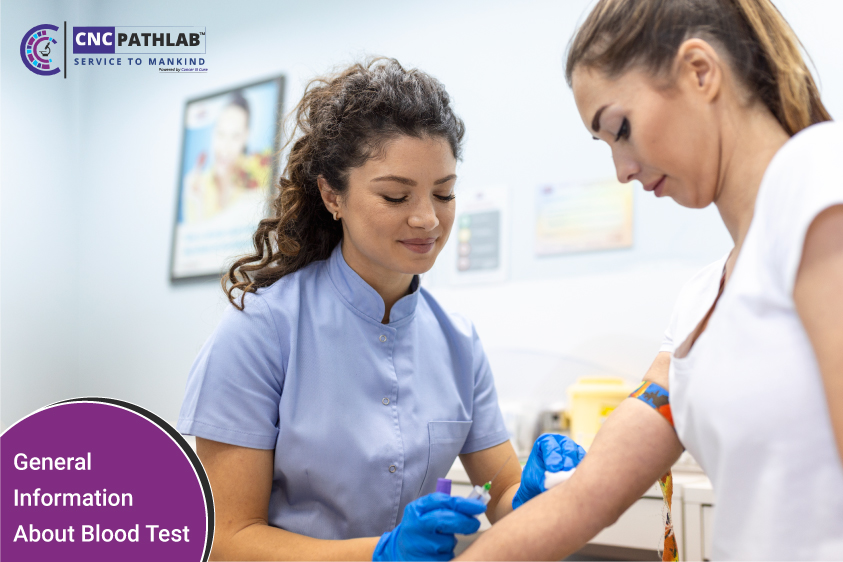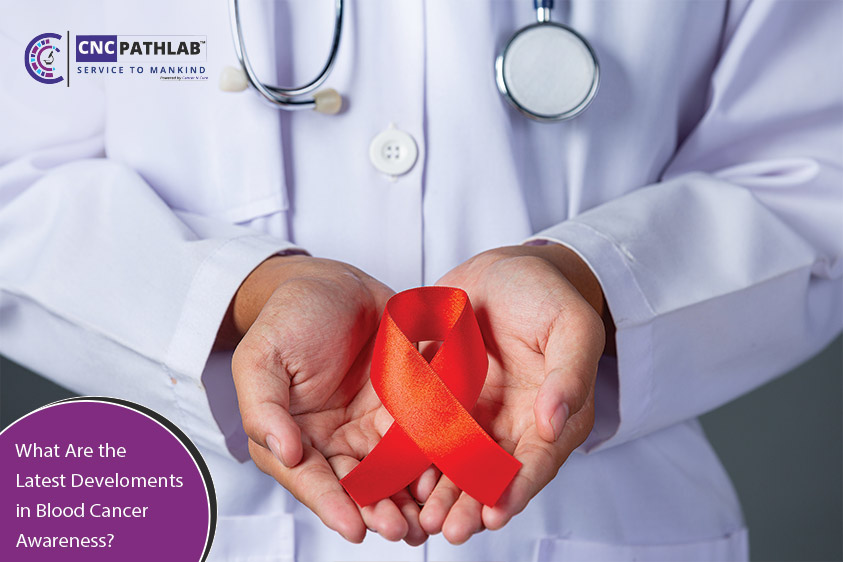General Information About Blood Tests
Blood tests are used to measure or examine cells, chemicals, proteins, or other substances in the blood. Blood testing, also known as blood work, is one of the most common types of lab tests. Blood tests are common medical tests. Blood work is often included as part of a regular checkup. A blood test is a lab analysis of things that may be found in your blood. You may have blood tests to keep track of how well you are managing a condition such as diabetes or high cholesterol. You may also have them for routine check-ups or when you are ill. Blood tests are also used to:
- Help diagnose certain diseases and conditions.
- Monitor a chronic disease or condition, such as diabetes or high cholesterol.
- Find out if treatment for a disease is working.
- Check how well your organs are working. Your organs include your liver, kidneys, heart, and thyroid.
- Help diagnose bleeding or clotting disorders.
- Find out if your immune system is having trouble fighting infections.
- Find health problems in their early stages.
This is a test to check the types and numbers of cells in your blood, including red blood cells, white blood cells and platelets. This can help give an indication of your general health, as well as provide important clues about certain health problems you may have.
What are the different types of blood tests?
There are many different types of blood tests in delhi. Common ones include:
- Complete blood count (CBC). This test measures different parts of your blood, including red and white blood cells, platelets, and haemoglobin. Important components of this test measures include red blood cell count, haemoglobin, and haematocrit.
- Basic metabolic panel. This is a group of tests that measure certain chemicals in your blood, including glucose, calcium, and electrolytes.
- Blood enzyme tests. Enzymes are substances that control chemical reactions in your body. There are many types of blood enzyme tests. Some of the most common types are troponin and creatine kinase tests.
- Blood tests to check for heart disease. These include cholesterol tests and a triglyceride test.
- Blood clotting tests, also known as a coagulation panel. These tests can show if you have a disorder that causes too much bleeding or too much clotting.
Who should get routine blood tests?
Regular blood testing is one of the most important ways to keep track of your overall physical well-being. Getting tested at routine intervals can allow you to see the way your body changes over time and empower you to make informed decisions about your health. For example, if you have symptoms that may be signs you’re pregnant, your provider will do a pregnancy test. The blood test looks for a specific hormone your body only ever makes when you’re pregnant.
Blood tests are typically part of routine preventive care. A doctor will often recommend blood tests as part of a physical or if they suspect a person may have an underlying condition. Some blood tests can help your doctor determine how different organs in your body are working. Examples of organs whose malfunctions can be visible in a blood test include a trusted source: your thyroid, liver, or kidneys. Your doctor can also use blood tests to search for markers of diseases and health conditions such as:
A person should talk to their doctor about what routine tests they need. A doctor may only order a blood test if they have concerns about other conditions, or they may request a yearly test as part of their preventive health plan. People may be able to get a blood test at their doctor’s office. However, some tests may require the person to go to a specialized center or the hospital.
People taking certain blood thinning medications may need regular blood tests. A doctor can advise them about the frequency of testing based on their risk factors and individual needs.
Read our top blogs:-
Why take a Full Body Test
New Strain of COVID and a Symptoms
Who should get Rtpcr testing


.jpg)


.jpg)
